My Vietnam story began when I was in high school as a member of the Class of 1969. My friends and I would watch the nightly news and the daily body counts as the war waged on. We watched the anti-war protests as juniors and seniors, not thinking that the Vietnam war was something that would directly affect us. After all, we were going to college and would get draft deferments. I was accepted by West Virginia University. Turning 18 early in my freshman year, I registered for the draft with a 2-S student deferment.
It was early in 1970 that Vietnam became very real. Turning 19, many of my high school friends were either drafted or enlisted. A family friend’s oldest son was drafted the year before and was sent home severely wounded. Watching a 21-year-old man hobble around with a cane was sobering. Then came word that a good friend and star athlete who I knew from sixth grade, was killed in action. Then another classmate was wounded and a third killed. My ambivalence toward Vietnam suddenly changed to one of disbelief and disgust. Why are we there?
My ambivalence toward Vietnam suddenly changed
The summer of 1970, between my college freshman and sophomore years, brought more tragedy. I am the oldest of four boys. My father was severely ill with heart disease so Mom had to work. In June, my youngest brother succumbed to leukemia at age 11. At his funeral, I was informed that my draft lottery number was 74. My father died a few months later in February of 1971.
In the fall of 1972, I had to drop a class, putting me 1 hour below full-time. About Christmas time, I received a letter, “Greetings from the President of the United States…” I was to report for my “non-volunteer” military induction physical on January 24, 1973. I had to go home and be on a bus to Pittsburgh at 6am.
Greetings from the President of the United States…
Long lines of human cattle in shorts. I passed everything and had to do the vision test last. I have very poor eyesight in one eye and partially compensate with glasses. I had to take the eye test with glasses on and glasses off. Without correction, my right eye is 400+/20. The military doctor looked at me and asked, “How’s your depth perception?” I said, “Terrible, I can’t hit a baseball to save my life.” He smiled and said, “Congratulations son, you’re not going anywhere.” He stamped my form 4-F, unsuitable for military service. The draft officially ended three days later on January 27, 1973. Had I passed, I would have been one of the last non-volunteers inducted.
Here I felt cursed all my life by not being able to hit a baseball, sink a basket, or hit the broad side of a barn. But this infirmity may have actually saved my life.
Although I was very much against the Vietnam war, I still did my patriotic duty as an American citizen and reported when called. This is my Vietnam experience.
Tom Whitfield

